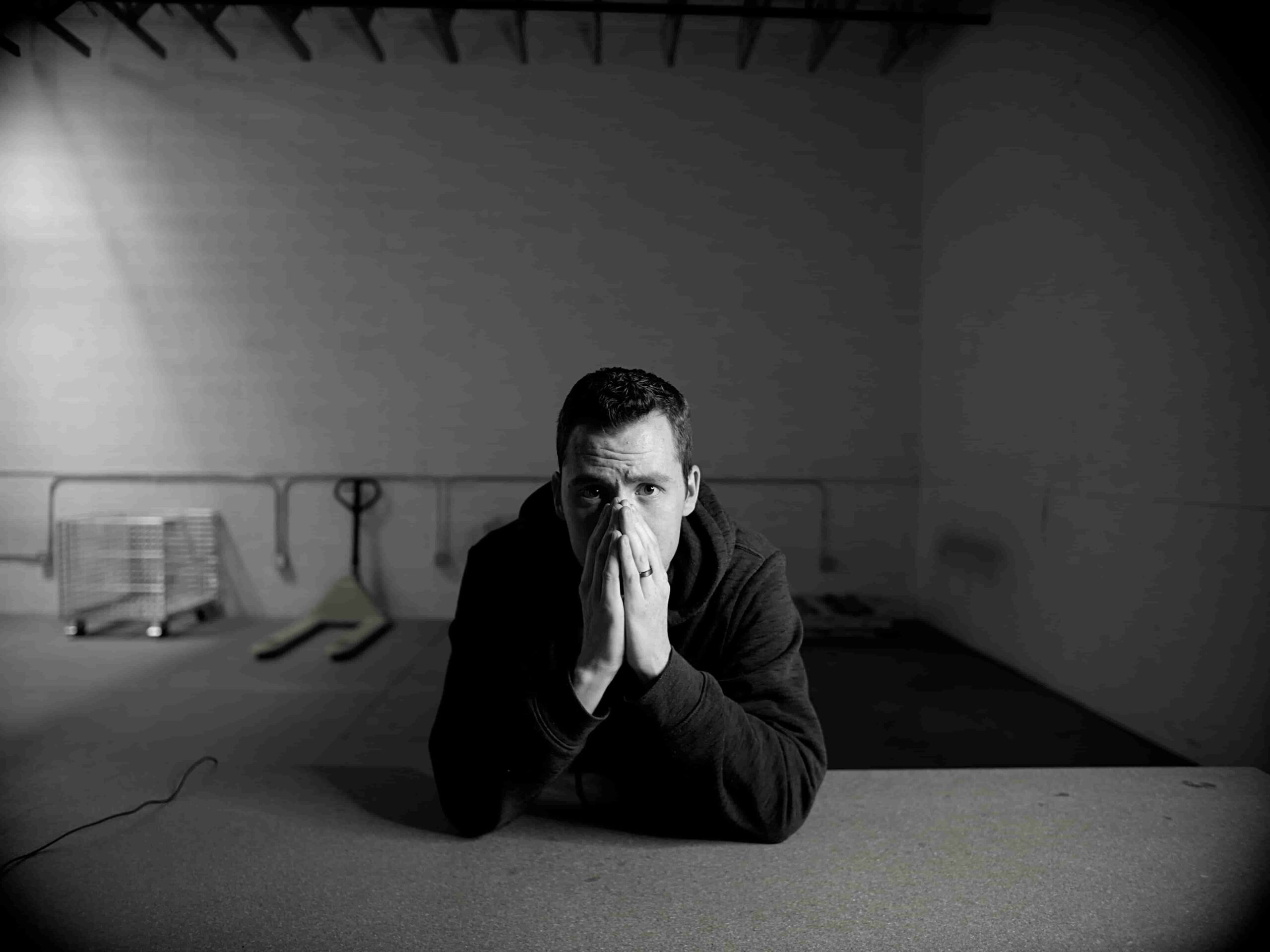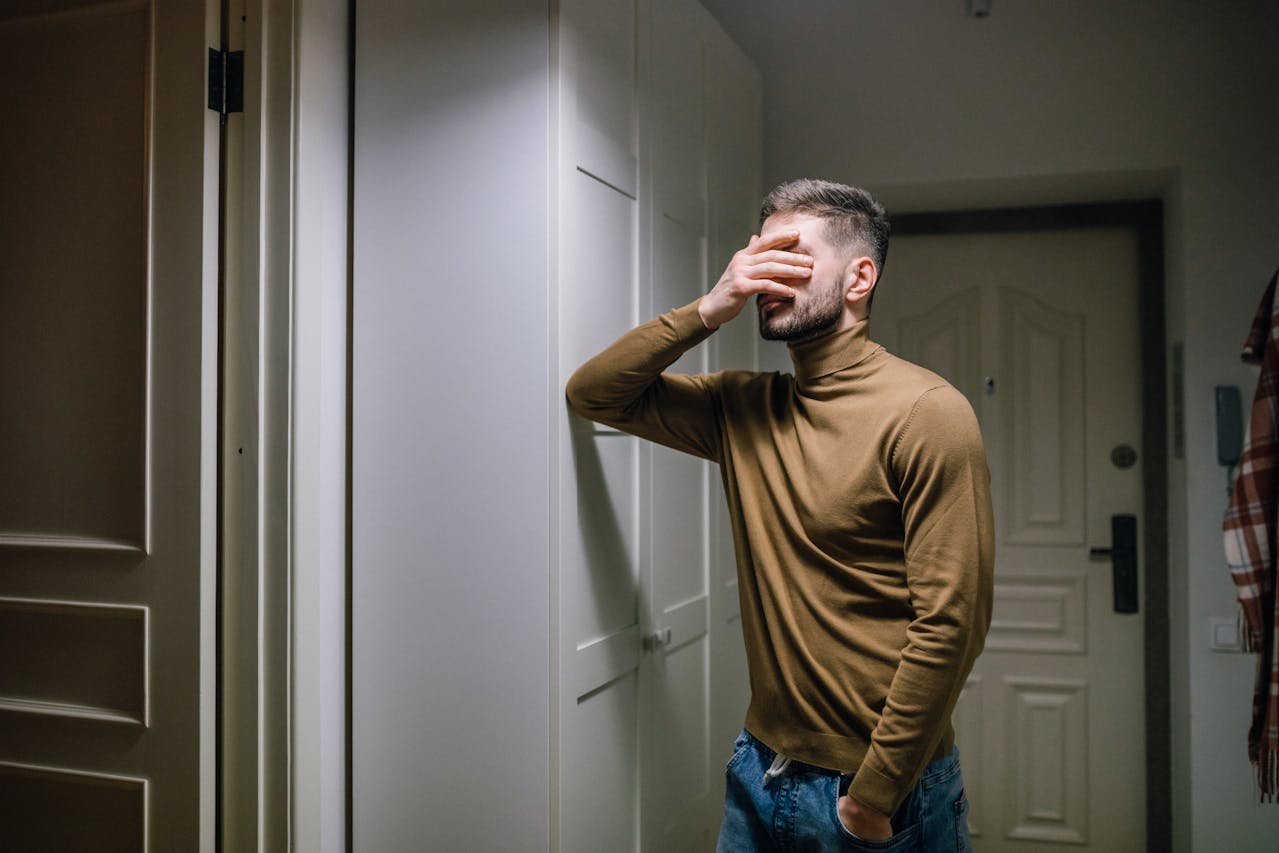Being a highly sensitive person (HSP) can be an incredibly positive experience. But it brings with it some challenges. You get to experience more creativity, empathy, and a rich inner life. At the same time, you get overwhelmed easily by sensory stimulation. The bright lights, big crowds, noisy situations, and scratchy textures can make you want to run and hide. You find beauty in everything, but you need more downtime than most people. Imagine then if you add anxiety into this mix.
It’s one thing to skip out early from a loud party. What if you can’t leave or if there is a sudden change of plans and well, there you are?
What Causes an HSP to Get Anxious?
Basically, anything that defines your HSP status has the potential to cause anxiety, e.g.
- Sustained social interactions
- Too much multitasking
- A long to-do list
- Sensory input of the unpleasant kind
- Trying to choose between self-care and prioritizing others
- Perfectionism
- When someone watches you perform a task
- Schedule changes that don’t give you time to adjust
If any of the above is triggering anxiety or perhaps causing an anxiety disorder, it’s wise to get help. In the meantime, however, there are productive self-help measures you can take.
 Tips for Navigating Anxiety as a Highly Sensitive Person
Tips for Navigating Anxiety as a Highly Sensitive Person
Identify Your Triggers
When you monitor what causes anxiety in you, you empower yourself to avoid those triggers. What’s important is that you differentiate between what bugs the HSP in you from what ramps up chronic anxious thoughts.
Assess Your Normal Schedule
Take at least a week to identify where and how your time and energy are allocated. You’ll likely be surprised at how often you work inefficiently. That’s your signal to recalibrate. You can be more effective by expending less energy and thereby, leave yourself more resilient to ward off anxiety.
Set Boundaries
- Here are some examples of such self-love in action:
- Let people know that there will be times when you are off-limits
- Get comfortable saying “no”
- Put your phone away or, even better, turn it off for a little while each day
Add “Blank Space” Into Your Schedule
As you get better at setting boundaries, use that me-time effectively. Contrary to societal messaging about productivity, everyone needs periods of time in which they recharge and refresh. This can be done in a big way, e.g. taking full days off. Some HSPs prefer intermittent blank spaces that are scheduled throughout a given day.
It’s not easy for a people-pleasing HSP to turn off their devices and focus inward. So, please recognize this practice as fuel. Black spaces strengthen and fortify you, which prepares you to be better positioned to help others.
Ask for Help From Your Support System
It may feel counterintuitive for an HSP to ask for help, but anxiety is nothing to be casual about. It’s a diagnosable mental health issue which means it’s best if you don’t tackle it alone. What that translates into is identifying friends, family members, neighbors, co-workers, etc. who know you well and understand your needs. With their support, you can practice getting comfortable delegating tasks when necessary or simply asking for a hug.
Get External Help, Too
Most highly sensitive people recognize their uniqueness and learn how to make adjustments. When anxiety is added to the equation, you will need to do more adapting. This kind of work is ideally done with the help of a seasoned therapist. Your weekly sessions are an ideal setting for better understanding root causes and new approaches. If you might be an HSP and anxiety is cramping your style, let’s talk about anxiety therapy and how it can help you as an HSP.





